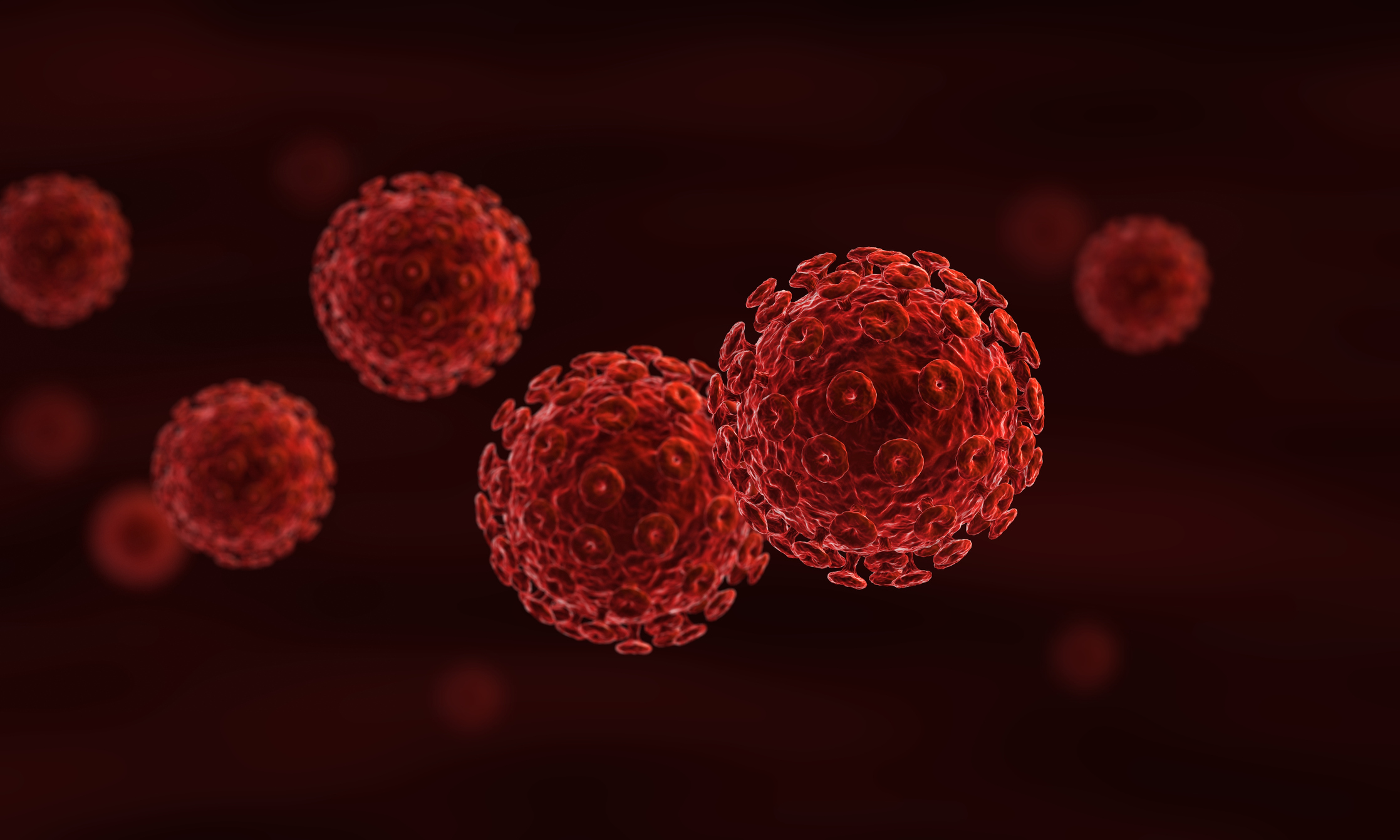HIV-1 transactivator of transcription protein is one of the most promising AIDS vaccine candidates and plays central roles in the virus life cycle and pathogenesis. Understanding structural properties of vaccine candidate antigens leads to rational design of vaccines which improves their presentation to immune system and facilitates their manufacturing and storage. This study aims to investigate structural properties and stability of one variant of HIV-1 Tat recombinant protein using different spectroscopic, electrophoretic, and microscopic methods. Therefore, after the gene transformation, protein expression was optimized in E. coli cells and the C-terminal His-tagged protein was purified using Ni-NTA resin. The structural stability of the pure protein was then investigated under different conditions including pH, Zn ions, thermal and chemical stress. Acidic and alkaline pHs affects spectroscopic properties of the vaccine in different ways. The structure unfolding experiment shows relatively poor stability of the zinc-free protein sample compared to the ion-containing one. According to the quenching experiment and also thermal stability study results, the protein has attained more structural compactness in the presence of Zn. Secondary structure of the protein is mainly disordered and didn’t significantly affect under various conditions. Finally, different degrees of oligomerization and aggregation were found under physiological conditions.Copyright © 2018. Published by Elsevier B.V.
Physicochemical studies on the structural stability of the HIV-1 vaccine candidate recombinant Tat protein.


